Mercedes-Benz Trucks tests electric trucks in Finland
Green Car Congress
MARCH 16, 2023
Mercedes-Benz Trucks development and test engineers tested the operational readiness of the eActros LongHaul and eActros 300 as a tractor unit under extreme conditions at temperatures down to minus 25 degrees Celsius in Rovaniemi, in northern Finland. (In In Rovaniemi, the Arctic Circle (66°33′45.9″

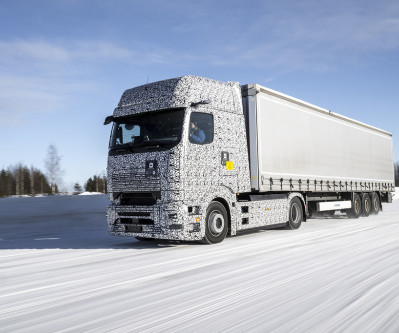




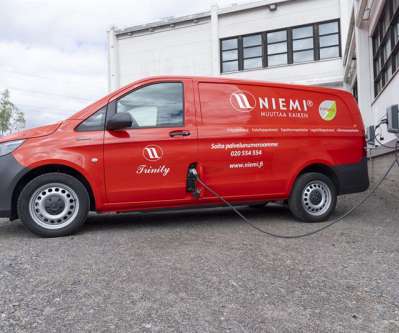
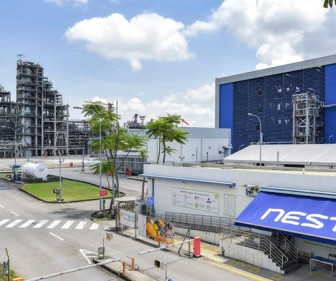








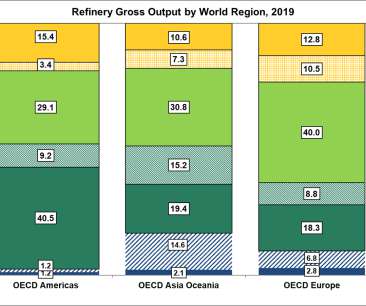

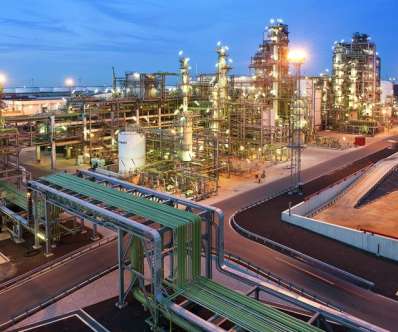


















Let's personalize your content